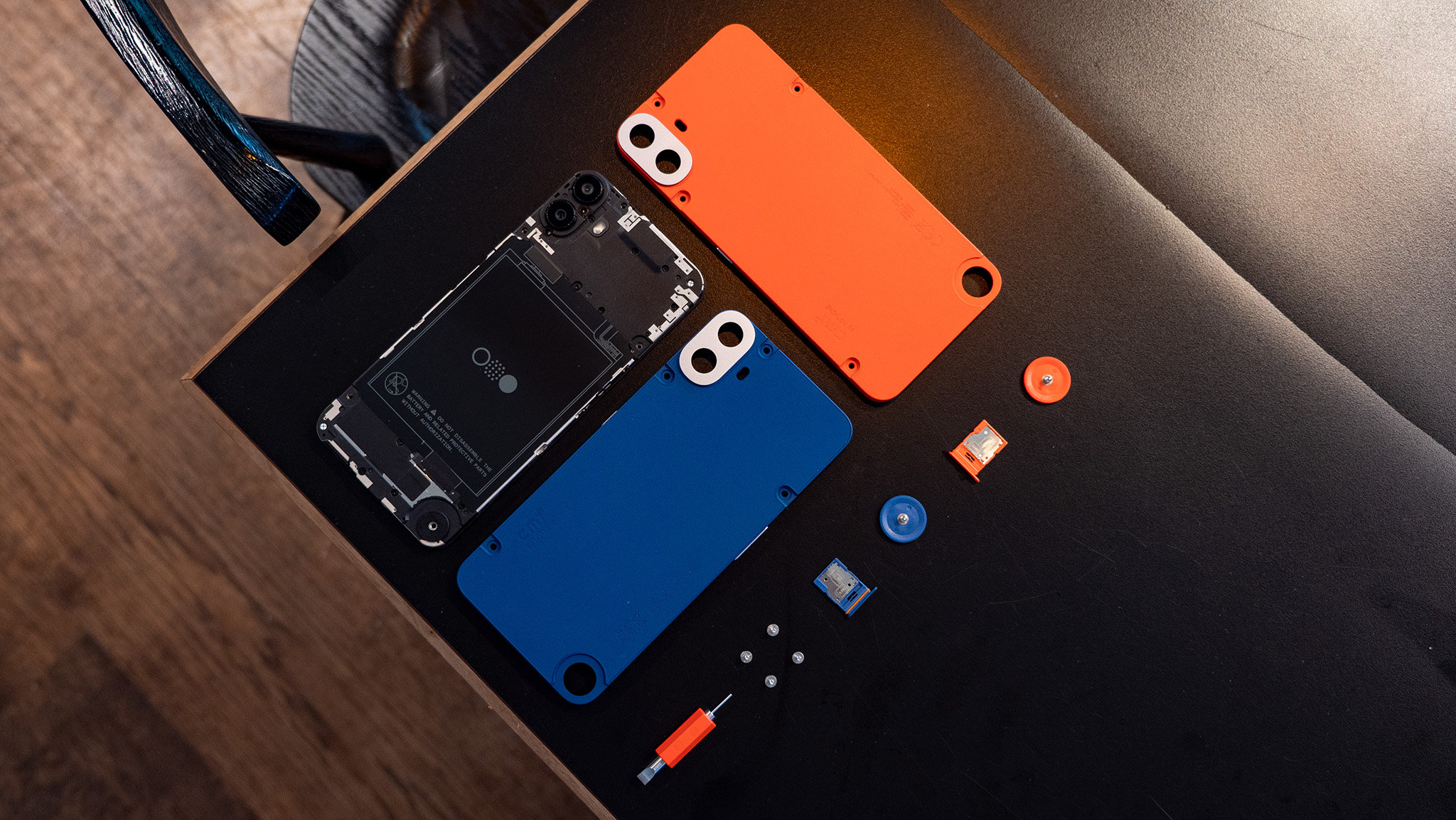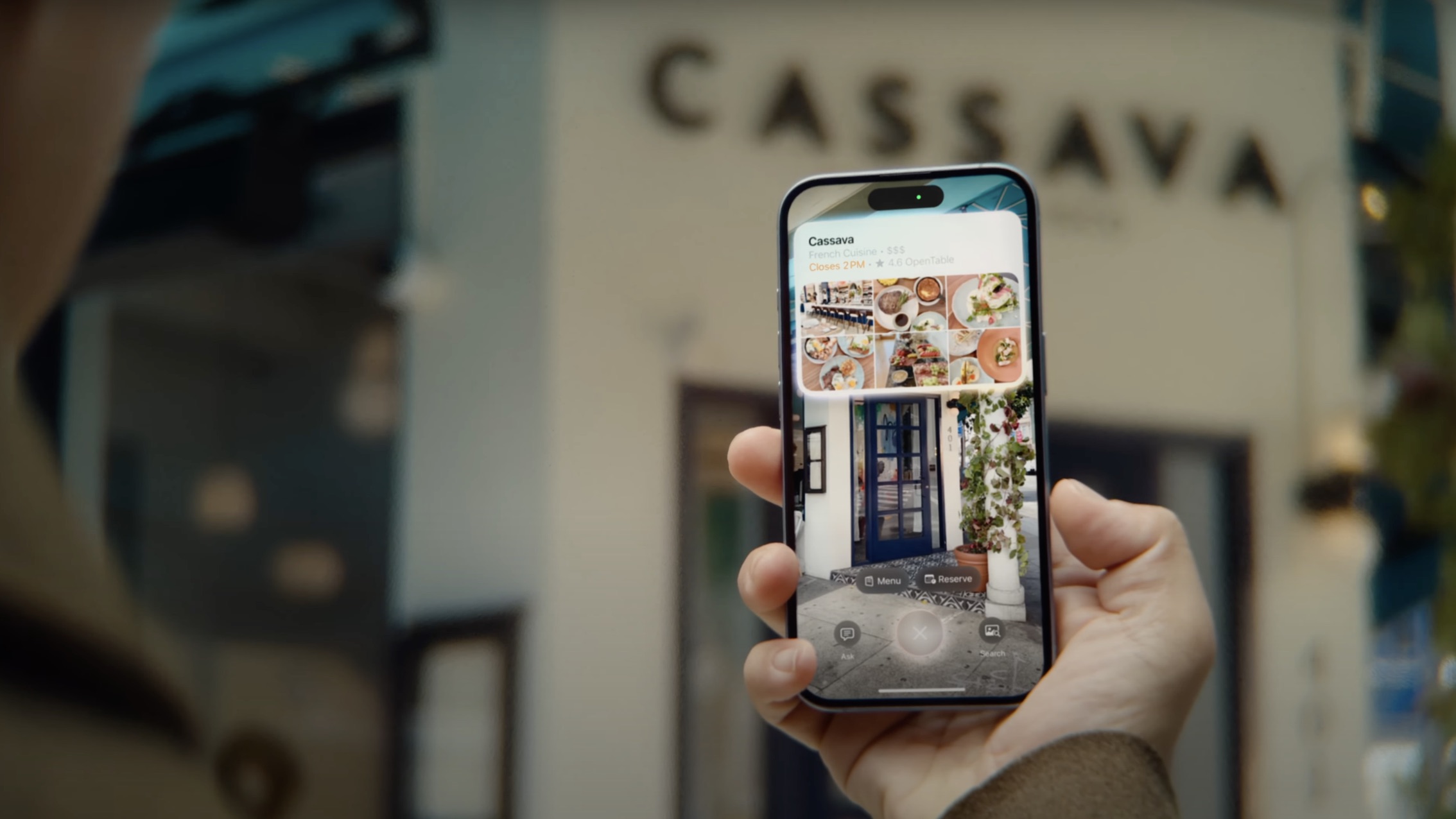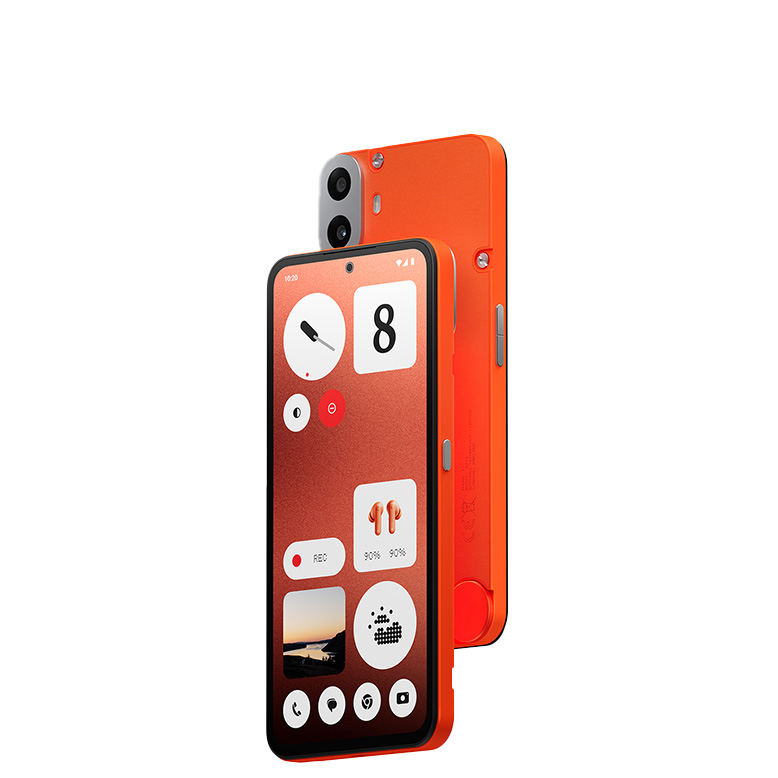What you need to know
- The Apple iPhone 16 starts at $799, while the Apple iPhone 16 Plus starts at $899.
- Both phones feature a 60Hz OLED display with 480Hz PWM dimming at all brightness levels.
- The CMF Phone 1 starts at $199 and features a 120Hz OLED display with 960Hz PWM dimming only when needed at low brightness.
- The iPhone 16 A18 processor still beats Android devices with current chipsets.
Apple took to the stage on September 9, 2024, for its annual iPhone show, debuting the iPhone 16 series. While the dedicated camera button took center stage, another feature didn’t get much attention, and for good reason. The display on both the $800 iPhone 16 and $900 iPhone 16 Plus is still the same tired old 60Hz OLED that Apple has been fleecing customers with for years.
Meanwhile, the best Android phone under $300, the CMF Phone 1, sells for just $200—with a $289 RAM and storage upgrade option—and sports a 120Hz LTPS OLED panel. That means its display can run at a buttery smooth 120Hz and drop down lower than that to save battery when needed. A 120Hz display makes even cheap phones feel fast, and similarly, a 60Hz display makes even the fastest phones feel sluggish and ancient.
A 120Hz display makes even cheap phones feel fast and, similarly, a 60Hz display makes even the fastest phones feel sluggish and ancient.
To make matters worse, hands-on photos show that Apple has done nothing to improve the PWM dimming rate of its phones, once again leaving them at a slow 480Hz flicker rate. The CMF Phone 1 utilizes a much more eye-friendly, flicker-free dimming method above 18% brightness, then switches to 960Hz PWM dimming below that. In other words, if you’re worried about eye health or sensitive to flickering lights or displays, saving over $500 on a CMF Phone 1 is the smart buy.

Looking back at history, seeing Apple lag behind with display specs isn’t a big surprise. The company’s first phone with an OLED panel, the iPhone X, launched seven years after Android phones began adopting OLED. Similarly, the first Android phone with a 120Hz display, the Razer Phone, launched in 2017, while it took until the iPhone 13 in 2021 for Apple to follow suit with its first 120Hz phones.
Apple has long lagged behind Android phones in display quality, often taking years to adopt new and better features.
Since then, Apple has kept 120Hz as a “pro-level” spec, which is reserved for its most expensive phones. In other words, if you want a display that’s at least partly up to spec with some $200 Android phones, you’ll need to spend at least $1,000 to get it on the iPhone 16 Pro.
On the flagship level, the Google Pixel 9 comes in at around the same size as the iPhone 16 with the same price tag—that’s $799—and sports a 120Hz LTPO display that can go from 60Hz to 120Hz dynamically. It also comes with Google Gemini and a host of truly interesting AI tricks up its sleeve like the amazing Add Me that gets everyone in the group photo.

The one area where Apple continues to excel is processing speed, and the comparison isn’t even close.
The obvious advantage Apple has over any Android phone on this list is the A18 processor, which is more powerful than most Android chips. However, we don’t yet have benchmarks for direct comparisons. We do know that Apple claims a 15% improvement in AI processing, which will set it apart significantly in this area.
For reference, the Qualcomm Snapdragon 8 Gen 3 in most Android flagships is the slowest in AI-based processing tasks based on Geekbench AI scores, with scores of 485, 485, and 1117 in each of the three test results. The Tensor G4 inside the Google Pixel 9 lags behind in the first test with a score of 289 but handily beats the Snapdragon in the next two tests with scores of 4145 and 6103, respectively.
Apple’s older A17 Pro chip boasts scores of 3878, 21324, and 26213. No, those aren’t typos, and the A18 is supposed to be even faster than that. If we’re playing an AI processing race, Apple wins handily.
However, Apple doesn’t seem to be using all this extra processing power to do anything truly new, particularly with the display. The company is launching a Google Lens-like feature on the iPhone 16 series, but Android users have been enjoying these same features since 2017. Likewise, even camera features like computational processing were pioneered by companies like Google and have been staples of Pixel and Nexus phones for over a decade.

Not only is the CMF Phone 1 an impressive budget pick with a powerful processor and a great camera, but it’s got a bright and eye-friendly OLED display, plus a unique modular body that you can swap out anytime you’d like.


